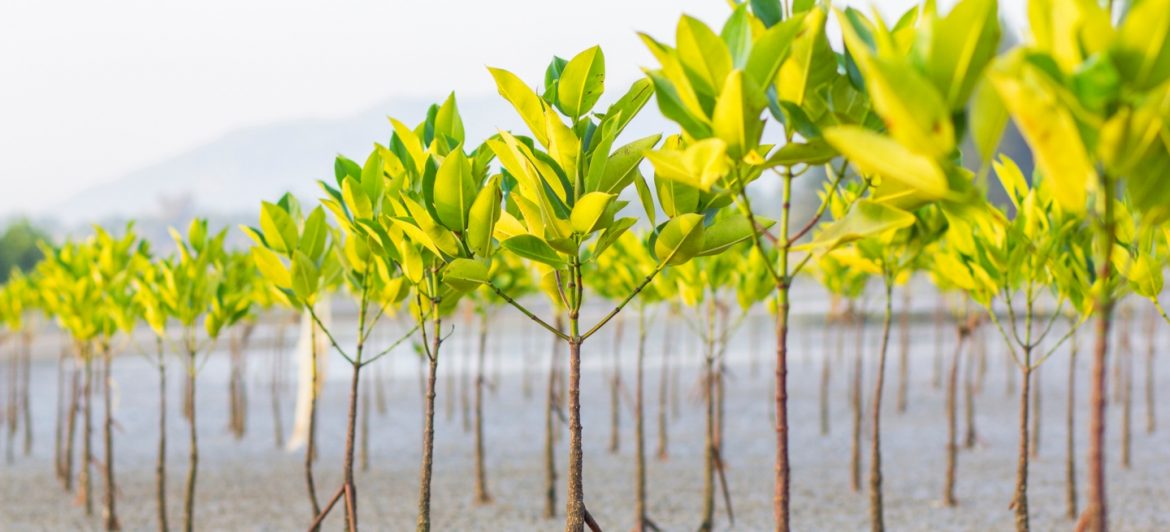In order to increase community resilience and adaptation practices to mitigate and lessen the effects of climate change, the federal government is stepping up its efforts to adapt to the changing climate in Nigeria through the Federal Ministry of Humanitarian Affairs, Disaster Management, and Social Development (FMHADMSD).
This was said by the Minister of the ministry, Sadiya Umar Farouq as she provided background information for a side event she hosted at the 27th Conference of Parties (COP27) to the UNFCCC, which is taking place in Sharm El-Sheikh, Egypt.
The minister called on leaders of the developed world to use COP27 to implement the Paris Agreement, particularly the funding of adaptation projects in developing countries, as determined at COP26 in Glasgow, last year.
Sadiya Umar Farouq said climate change-induced hydro-meteorological events were causing devastating humanitarian crises in Nigeria.
Read also: IBM pledges $30m in services to climate projects
The minister said, “Our communities are composed of the poor, the elderly, children and persons living with disabilities. Additionally, the effects of climate change render them more vulnerable than they already are.”
Sadiya Umar Farouq said the ministry’s response to climate change adaptation had thus far focused on policy reviews and planning.
“Notably, the 2019 Disaster Risk Management Policy developed by the National Emergency Management Agency (NEMA) calls for mainstreaming disaster risk reduction in all areas (including climate change and environmental factors as indicated in policy priority, as well as resilience-building of at-risk communities to withstand disasters.”
She said the Policy recognizes that reducing vulnerability to hazards requires a focus on root causes through hazard vulnerability assessment to foster prevention, mitigation of existing risks and preparation for possible disasters and adaptation to changing climate risk.
The minister then charged the panel to discuss success stories (country case studies), and some of the national, regional and international best practices towards climate change adaptation.
They discussed the interlinkages between climate change, livelihoods and sustainable development.
The panel was charged to propose short-, medium- and long-term climate change adaptation targets/priorities for Nigeria and to examine how Nigeria can leverage partnerships to bridge gaps and participatory strategies to ensure no one is left behind.
Story was adapted from Thisday.
